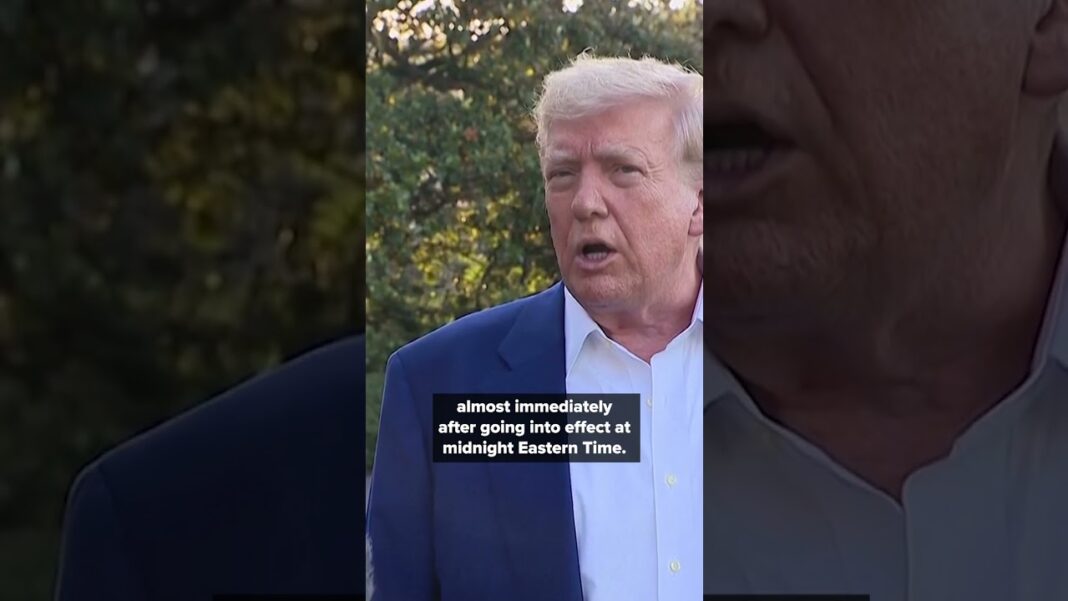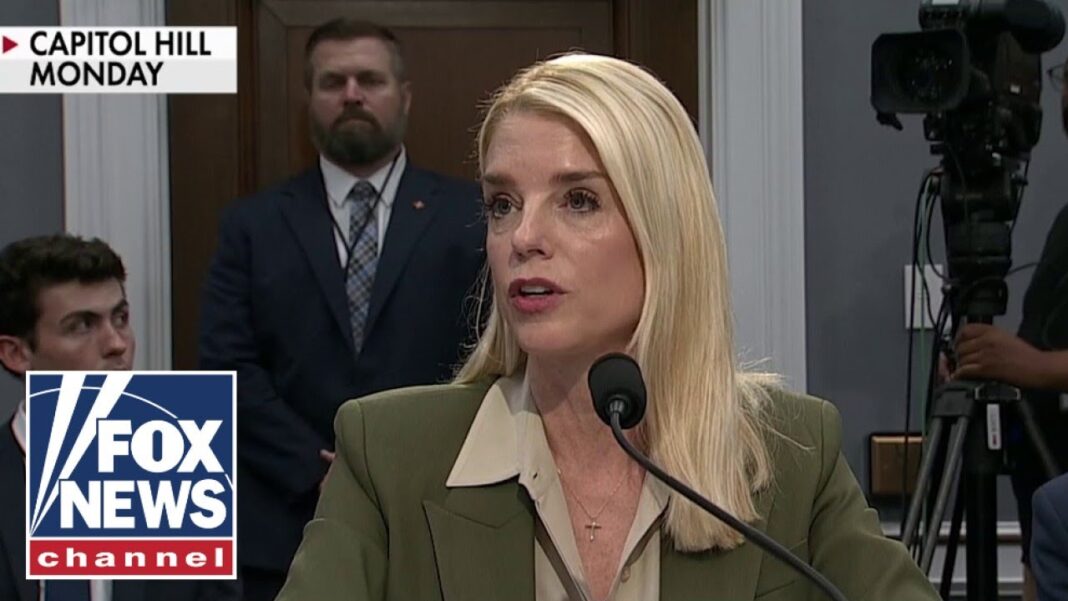It has been presidential practice for decades to unilaterally undertake similar military action.
The claim to the contrary by several members of Congress contradicts decades of U.S. practice involving similar military deployments. Although the Constitution reserves to Congress the right to declare war, exercising that power requires the legislature to take positive action.
Some argue that the War Powers Resolution (WPR) prohibits presidents from unilaterally ordering the use of force. Enacted in 1973, the WPR states that the Constitution permits the president to introduce armed forces into hostilities only “pursuant to (1) a declaration of war, (2) specific statutory authorization, or (3) a national emergency created by attack upon the United States, its territories or possessions, or its armed forces.”
Regardless, nearly every administration since has undertaken unilateral military action broader than that described in the statute. The Justice Department under both Democratic and Republican administrations has justified this by asserting that the president has constitutional authority to independently initiate the use of force when doing so would serve “important national interests” and the anticipated “nature, scope, and duration” of the operation does not rise to the “level of a ‘war.’”
The department’s Office of Legal Counsel (OLC) has repeatedly opined that “military operations will likely rise to the level of a war only when characterized by ‘prolonged and substantial military engagements, typically involving exposure of U.S. military personnel to significant risk over a substantial period.’” Nearly identical positions were expressed under the Clinton administration, the Obama administration and the first Trump administration.
Geoffrey Corn is a professor of law at Texas Tech University School of Law and a retired U.S. Army lieutenant colonel who serves as an intelligence officer and military lawyer. Claire Finkelstein, Algernon Biddle professor of law and professor of philosophy at the University of Pennsylvania, directs the university’s Center for Ethics and the Rule of Law. Orde Kittrie is a professor of law at Arizona State University and senior fellow at the Foundation for Defense of Democracies.








